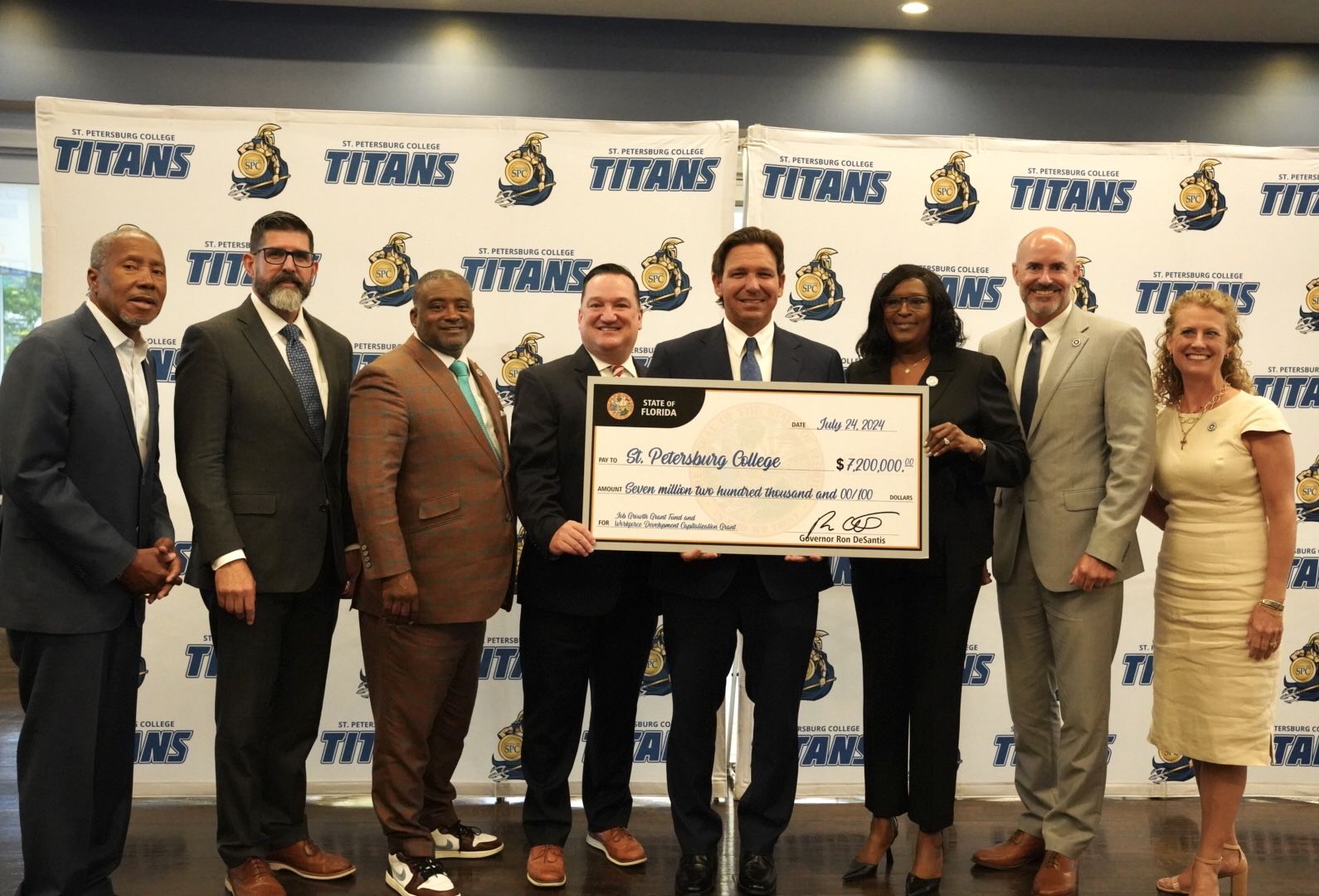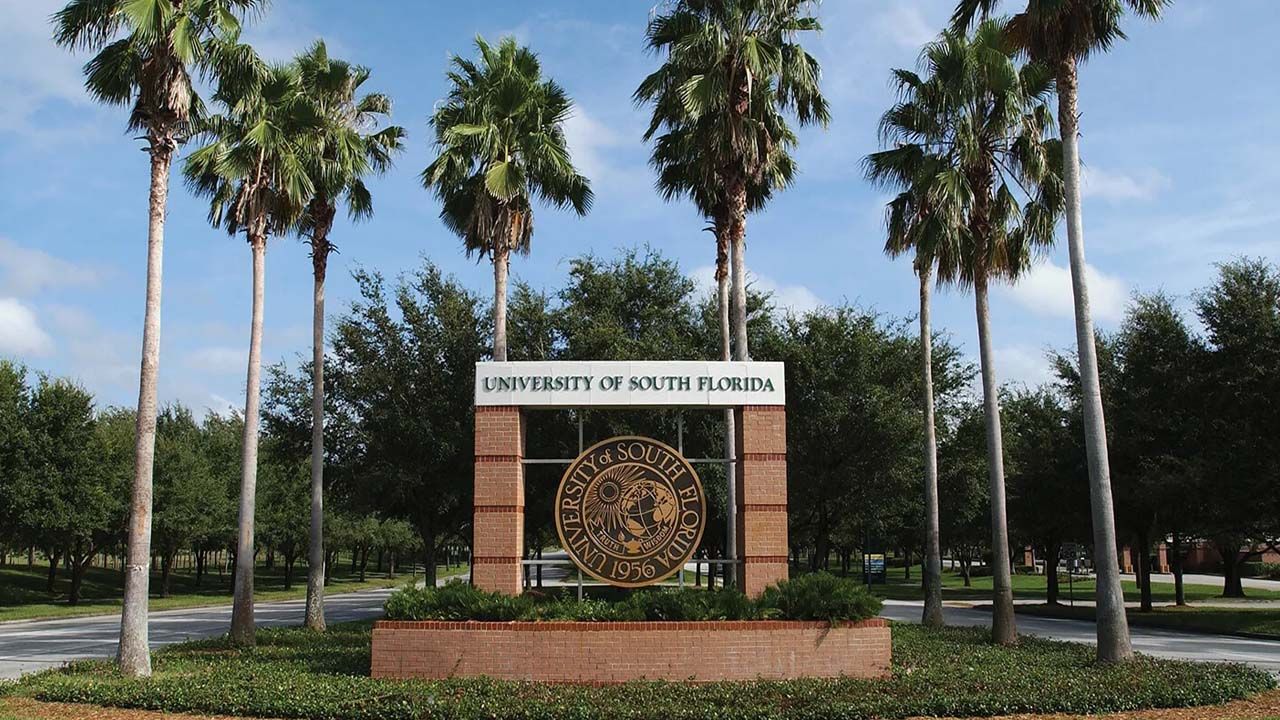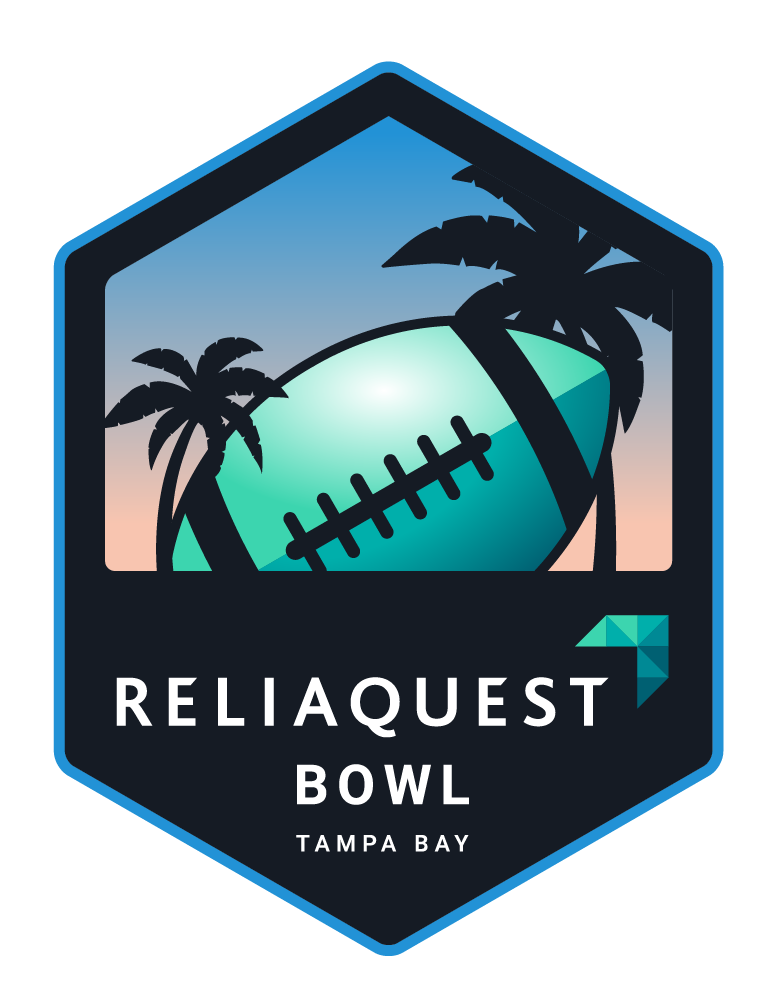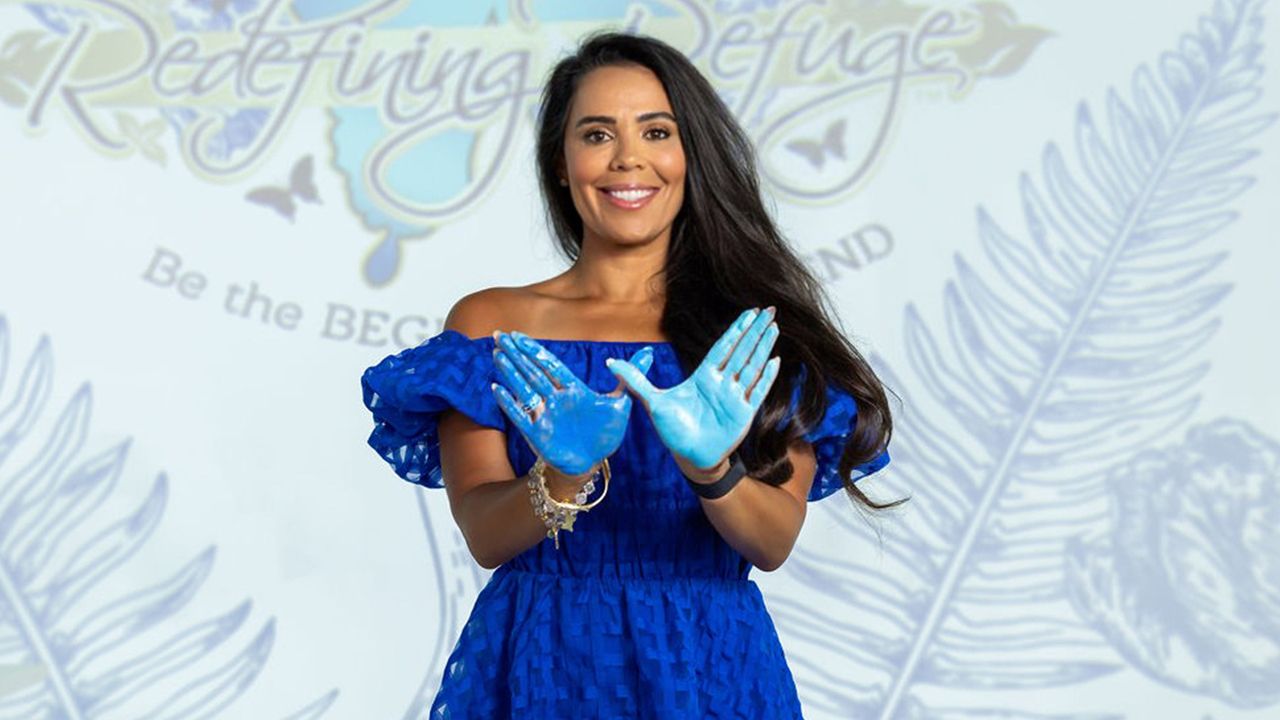By Michael Carr
The numbers are overwhelming. Currently, the average Major League Baseball, National Football League and National Basketball Association players’ salaries range from $3.26 million to $8.32 million, annually. The average career is 2.7 years for a MLB player, 2.5 years for an NFL player and 4.5 years for an NBA player.
Yet, we see two common paths that professional athletes take when spending and managing their wealth windfalls. The consequences are significantly different.
For illustration purposes, here is the story of two composite player personas for the NFL and MLB, based on industry news and observations over the last 20 years*. In these hypothetical scenarios, the players achieved tremendous success on the field, with multimillion-dollar contracts over several seasons but took different paths, financially, before retiring from their respective sports.
NFL player Bill: I was from a low-income family in the South and in college when the NFL drafted me. With a multimillion-dollar, multiyear contract, I was suddenly earning beyond my wildest dreams and living way beyond my means. I bought luxury cars, high-end homes and expensive jewelry for myself, and my family.
After four seasons, however, I suffered a severe knee injury. Based on medical recommendations, I was forced to end my NFL career abruptly. Without an income, and emotionally and professionally devastated, I quickly realized that I could not sustain my current lifestyle. I had not saved or invested any of my earnings and, eventually, had to start selling off property.
I thought my name and my achievements were worth more than they were. Opportunities that were available, during my playing days, were gone. I did not have a financial plan to support myself and my family during the transition from the Pro Bowl to the next chapter of my life.
Within several years, I was broke.
Unfortunately, this type of bankruptcy experience is a common occurrence among professional athletes, after retirement. A report by Authentic Brands Group, owner of Sports Illustrated magazine, cites that up to 78% of NFL players become bankrupt, or experience severe financial difficulties, within two years of retirement.
MLB player Dan: I was a hard-throwing high school pitcher with numerous offers from colleges willing to pay for my college education. But Major League Baseball is where the money is and that’s where I wanted to be. I was a first-round draft choice for one of the best MLB teams in the league and received an extraordinary multiyear, multimillion-dollar, contract offer.
However, I couldn’t let the money blind me. While growing up on a farm in the Midwest, my family’s income fluctuated every year. I knew I had to look at my long-term financial well-being upfront, since baseball careers don’t last forever
I had a good support group ― my parents, my agent and my financial advisor ― that kept me grounded with a conservative expense allowance and a long-term financial plan. The majority of my salary was saved and invested. Consequently, I did not have to worry, day to day, about managing my money. My job was to focus on my baseball training and game performance. In contrast, I remember some of my teammates, literally, spending all their money as soon as it came in.
I played in the big leagues for a few years, until an arm injury impacted my performance. As a result, I was not signed for another season in the major leagues. Fortunately, though, the financial plan established at the outset of my career allowed me to pursue my current life’s work, operating instructional sports camps for kids, with sufficient assets to maintain a comfortable lifestyle and a sound retirement.
Lessons learned on and off the field
As illustrated above, by Bill and Dan, professional athletes who have newfound wealth, at an early age, should have a financial plan that secures sufficient assets for short- and long-term needs for when their sports careers end due to injury, lack of contract offers or their own decision.
Significant salaries, earned in sports careers, should try to sustain living expenses, family needs, education, career investments, emergency funds and retirement. Often, additional earnings from endorsements can be rolled into investments. While building a sizable nest egg, a player can also prepare for another career, during the off-season, through higher education and job shadowing, to pursue future career interests.
From a wealth management perspective, professional athletes should prepare financially, and emotionally, for what comes next ― feeling secure that the next chapter of their life is going to be just as fulfilling as sports. By living at, or below, their current means and being free of heavy debt, athletes can secure sufficient assets to help maintain a comfortable lifestyle while pursuing a new career path, after professional sports.
Financial education is the linchpin
Educating young athletes about financial matters is critical. For athletes and other affluent individuals, including entertainers, we help them understand that the money is not going to be flowing forever. Whatever salaries they earn now, after paying agents’ fees and taxes, they should try to be able to sustain a comfortable, reasonable, lifestyle based on their goals and objectives over their lifetime.
Your core savings, and investments, should seek to generate an income stream to achieve that goal. A common financial industry practice is the 4% rule, a guideline used to estimate a comfortable income in retirement. For example, if the income goal is estimated at $1 million annually, approximately $25 million in liquid and investable assets should be set aside to help achieve that goal.
For athletes and their financial advisors, sometimes that means saying “no” to big-ticket purchases or financial requests from family and friends. First, and foremost, athletes must take care of themselves, because they are the ones out on the field every day.
Michael Carr is a financial advisor with UBS Financial Services Inc., a subsidiary of UBS AG. Member FINRA and SIPC.
Learn the top 10 money lessons for athletes and entertainers.
Athletes and Entertainers: Let’s talk legacy. Now’s the time to make your mark.
As a firm providing wealth management services to clients, UBS Financial Services Inc. offers investment advisory services in its capacity as an SEC-registered investment adviser and brokerage services in its capacity as an SEC-registered broker-dealer.
Investment advisory services and brokerage services are separate and distinct, differ in material ways and are governed by different laws and separate arrangements. It is important that you understand the ways in which we conduct business, and that you carefully read the agreements and disclosures that we provide to you about the products or services we offer. For more information, please review client relationship summary provided at ubs.com/relationshipsummary, or ask your UBS Financial Advisor for a copy.















